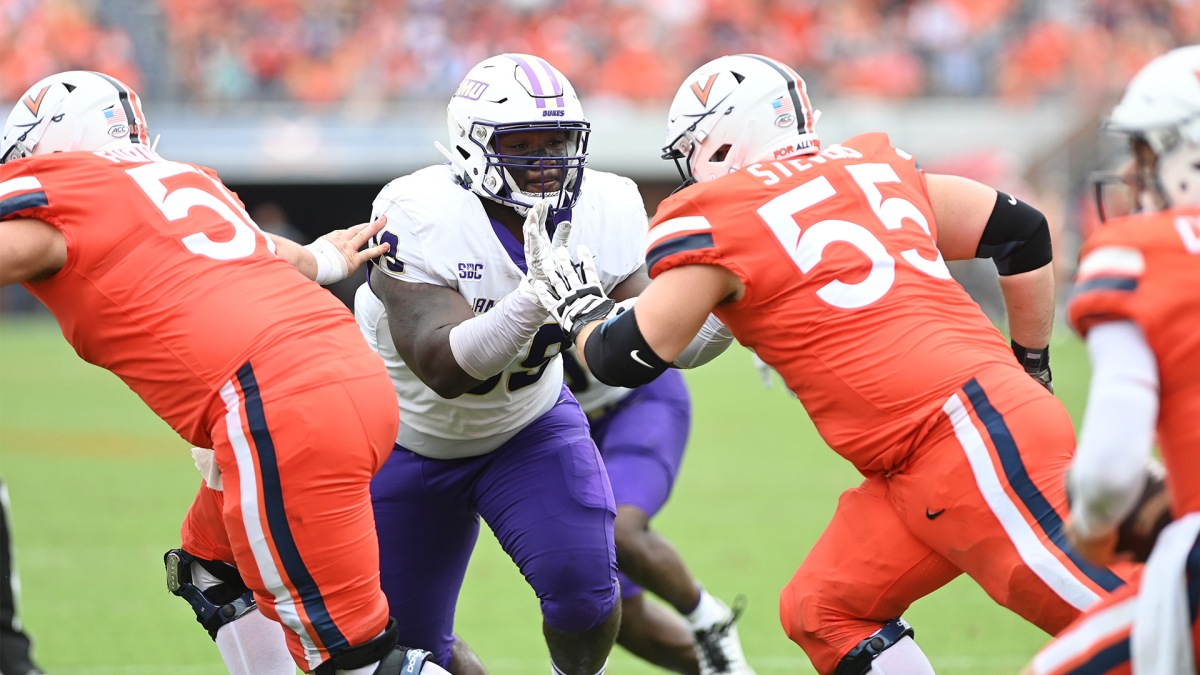- Thu. Apr 25th, 2024
Latest Post
Revolutionizing Knee Replacement Surgery with Cutting-Edge Robotic Technology: A Game Changer at Blessing Health Center
In recent news, Blessing Health in Quincy has revolutionized knee replacement surgery for Tri-States patients with the introduction of the Velys Robotic-Assisted Technology. During an open house event, doctors showcased…
Slower US Economy: Q1 2024 GDP Growth Rate Below Forecasts and Inflation Indicators
The U.S. economy experienced a slower growth rate in the first quarter of 2024 compared to the previous quarter of 2023 and below what economists had predicted. According to advanced…
TelevisaUnivision and Shopsense AI Revolutionize Interactive Shopping Experience for Spanish-Speaking Audience.
TelevisaUnivision is joining forces with Shopsense AI to create an interactive shopping experience for its Spanish-speaking audience. The partnership will integrate Shopsense AI’s retail platform into events like the Latin…
UNM Sales Students Shine in Virtual International Role-Play Competition
UNM Anderson School Sales Students Shine in Virtual RNMRKS International Role-Play Competition The UNM Sales and Business Development Center recently saw three of its students excel in the virtual RNMRKS…
JMU Football Bids Farewell to Several Key Departures as Portal Activity Continues
As the spring portal activity for JMU Football continues, the team is closely monitoring transfers and player movements. While there have been no transfer additions yet, several key departures have…
The Resilience of the US Economy: A Closer Look at First Quarter Growth and Inflation
Despite a slower growth rate of 1.6% in the first quarter of this year, the US economy is showing positive signs with an increase in consumer spending and business fixed…
Moulin Rouge Sails Collapse: A Mysterious Incident Shocks Paris’s Nightlife Icon
Moulin Rouge, the famous Parisian windmill and nightclub, experienced its first-ever sail collapse overnight. The incident occurred around 2 a.m. local time, shortly after the venue’s last show had ended.…
Adapting to Challenges: How Strabag Navigated the Construction Industry in 2023
Austria’s largest construction company, Strabag, reported a significant increase in profits in 2023 despite declining markets. The consolidated result rose by a third to 630.5 million euros, and earnings before…
Micron Launches High-Performance 232-Layer QLC NAND Flash Memory for Enterprise and PC Applications
Micron Technology Inc., a semiconductor manufacturing company, has announced the mass production of its 232-layer QLC NAND flash memory. The memory is currently being shipped to enterprise storage customers and…
Tesla’s Q1 2022 Revenue Decrease: Navigating the Challenges Amidst Increasing Competition and Market Disruptions.
In the first quarter of 2022, Tesla experienced a decline in revenues for the first time since the onset of the Covid-19 pandemic in 2020. This decrease was attributed to…




